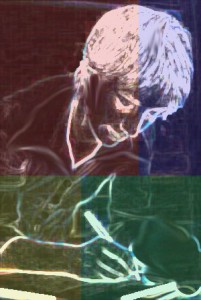 Bruce Fulton does another of his admirable jobs of dissecting aspects of Korean Modern literature. In this case he looks at the contributions of female Korea writers in an article titled “The Death of The Yoryu Chakka”:
Bruce Fulton does another of his admirable jobs of dissecting aspects of Korean Modern literature. In this case he looks at the contributions of female Korea writers in an article titled “The Death of The Yoryu Chakka”:
Fulton begins with an amusing tendency in Korean Literature that all readers eventually catch:
Readers of an earlier generation who happened upon the anthology Modern Short Stories From Korea, translated into English by In-Sob Zong (Chong In-sop),1 might be forgiven if they gained the impression that two varieties of human beings write fiction in modern Korea: writers and women writers. For on the contents page of this volume the distinction is made clear: the three female writers included in the book are each listed as “(woman writer).” The distinction is not peculiar to Chong’s anthology but is also drawn in modern Korean literary criticism and even in literary reference works. There are chakka, “writers,” and sosolga, “novelists,” and there are yoryu chakka, “female writers,” and yoryu sosolga, “female novelists”—but no namnyu chakka, “male writers,” or namnyu sosolga, “male novelists.”
Fulton briefly considers what this all might mean about gender roles in Korea, claiming, “it becomes questionable in light of the accomplishments of Korean women fiction writers since the 1970s if continued use of the term yoryu chakka has any justification”
The Fulton inevitably gets on to what really interests him – the writers. He discusses, among others, O Chong-hui (The Bronze Mirror – In “Land of Exile” and Chinatown), Pak Wan-so (Who Ate Up All the Shinga) who should certainly be in the discussion for any major literary prize, So Yong-un (Distant Beloved), Kim Chi-won, Kang Sok-kyong, and Ch’oe Yun (The Last of Hanako, which will likely be the next PLKL book to be reviewed here).
This is Fulton in his role of literary critic, and it’s good stuff.


